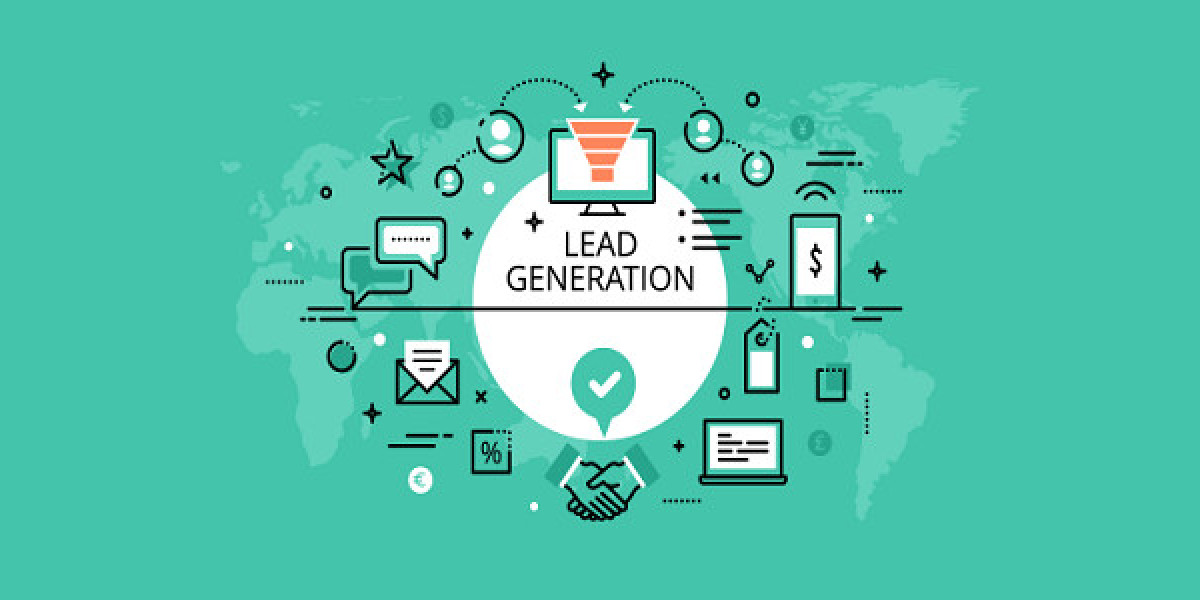Digital leads services focus on generating and managing leads for businesses through online channels. These services are designed to help companies identify and connect with potential customers, ultimately driving sales and business growth. By leveraging various digital marketing strategies and technologies, Digital Leads Services optimize lead generation efforts and ensure that businesses are targeting the right audience.
Key Components of Digital Leads Services
- Lead Generation
- Content Marketing: Creating valuable content, such as blog posts, eBooks, whitepapers, and infographics, to attract and engage potential leads. Content marketing helps establish authority and drives organic traffic to a business’s website.
- Search Engine Optimization (SEO): Optimizing website content and structure to rank higher in search engine results pages (SERPs). Effective SEO strategies increase visibility and attract qualified leads searching for relevant products or services.
- Pay-Per-Click (PPC) Advertising: Running targeted ads on search engines and social media platforms to drive traffic to landing pages designed to capture lead information. PPC campaigns offer measurable results and can be adjusted for better performance.
- Social Media Marketing: Utilizing social media platforms to reach and engage with potential leads. Social media marketing involves creating and sharing content, running paid ads, and interacting with users to build relationships and generate leads.
- Email Marketing: Sending personalized and relevant emails to a targeted list of prospects. Email marketing campaigns can include newsletters, promotional offers, and follow-ups designed to nurture leads and drive conversions.
- Lead Qualification and Scoring
- Lead Scoring: Assigning scores to leads based on their behavior, engagement, and demographic information. Lead scoring helps prioritize leads that are more likely to convert, allowing sales teams to focus their efforts on high-potential prospects.
- Lead Segmentation: Categorizing leads based on specific criteria such as industry, company size, or job title. Segmentation allows for more targeted and personalized marketing efforts, improving lead quality and conversion rates.
- Lead Nurturing
- Automated Workflows: Implementing automated marketing workflows to nurture leads through a series of targeted emails, content, and follow-ups. Automation helps maintain engagement and guide leads through the sales funnel.
- Personalized Content: Delivering tailored content and offers based on lead behavior and preferences. Personalized marketing enhances the relevance of communications and increases the likelihood of conversion.
- Lead Management
- Customer Relationship Management (CRM) Integration: Using CRM systems to manage and track lead interactions, sales activities, and progress. CRM integration helps streamline lead management and ensures that all lead information is centralized and accessible.
- Lead Distribution: Assigning leads to appropriate sales representatives based on criteria such as location, industry, or expertise. Efficient lead distribution ensures that leads are followed up promptly and by the most suitable team member.
- Analytics and Reporting
- Performance Tracking: Monitoring the performance of lead generation campaigns and activities. Analytics tools provide insights into key metrics such as lead volume, conversion rates, and cost-per-lead.
- Reporting: Generating reports to evaluate the effectiveness of lead generation strategies and identify areas for improvement. Regular reporting helps optimize campaigns and make data-driven decisions.
Benefits of Digital Leads Services
- Increased Lead Volume: Digital leads services can significantly increase the number of leads generated through various online channels, expanding a business’s reach and potential customer base.
- Targeted Lead Generation: By using data-driven strategies and targeting specific audience segments, digital leads services attract higher-quality leads that are more likely to convert.
- Cost Efficiency: Digital lead generation methods, such as PPC and content marketing, often offer a better return on investment (ROI) compared to traditional marketing approaches, providing cost-effective ways to acquire leads.
- Improved Lead Management: Integrated CRM systems and automated workflows streamline lead management processes, improving follow-up efficiency and increasing the chances of conversion.
- Enhanced Analytics: Digital leads services provide detailed analytics and reporting, allowing businesses to track performance, measure success, and make informed decisions to optimize lead generation efforts.
Choosing a Digital Leads Service Provider
When selecting a digital leads service provider, consider the following factors:
- Experience and Expertise: Look for providers with a proven track record in lead generation and digital marketing. Experience in your industry or market can be beneficial.
- Services Offered: Ensure that the provider offers the specific services you need, such as SEO, PPC, content marketing, or CRM integration.
- Reputation and Reviews: Check client reviews, case studies, and testimonials to gauge the provider’s reputation and effectiveness in delivering results.
- Pricing and Contracts: Compare pricing structures and service packages. Ensure that the terms of any contract align with your business needs and budget.
- Transparency and Communication: Choose a provider that offers clear communication, regular updates, and transparency in reporting and performance metrics.
Conclusion
Digital leads services are essential for businesses looking to drive growth through targeted lead generation and management. By leveraging a combination of content marketing, SEO, PPC advertising, and CRM systems, businesses can attract, qualify, and nurture leads more effectively. Choosing the right digital leads service provider and implementing data-driven strategies will help optimize lead generation efforts, improve conversion rates, and support overall business growth.








